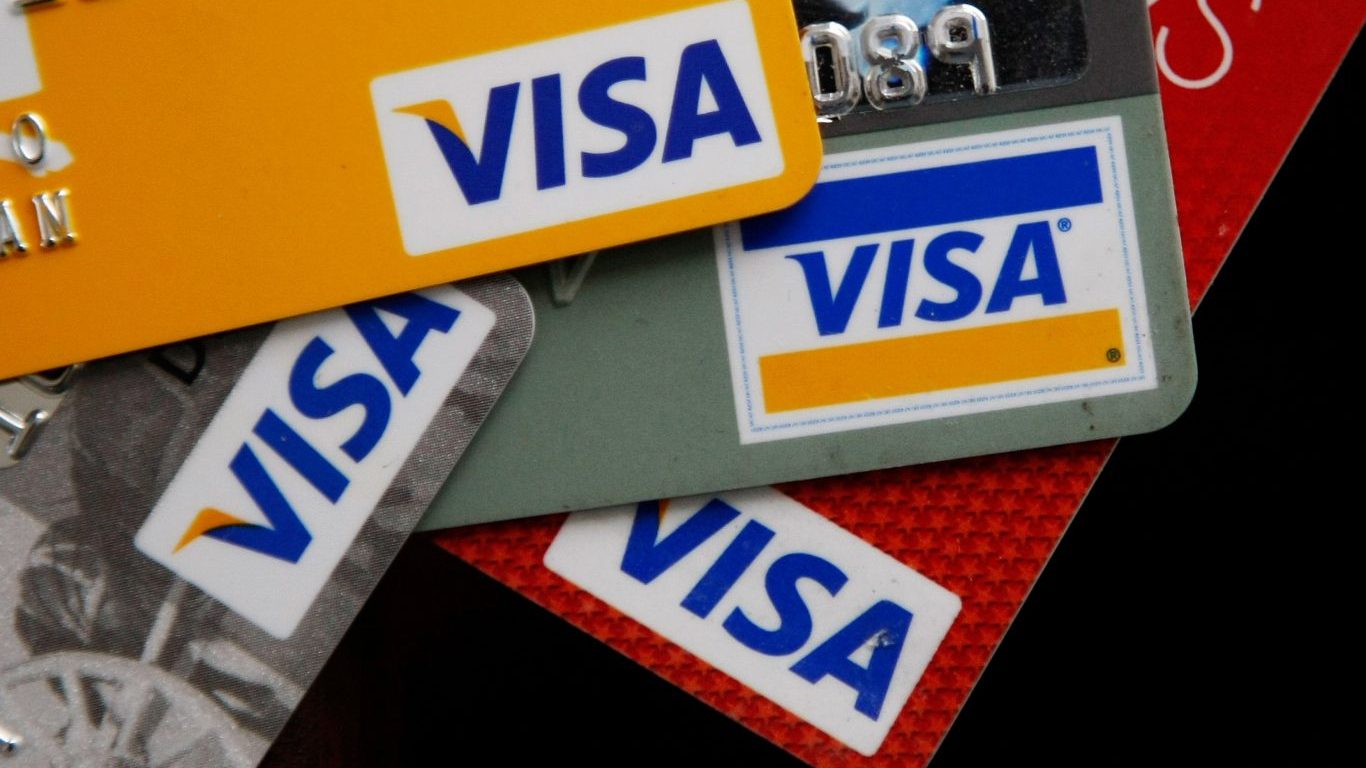Personal Finance
I just picked up a credit card with my perfect 800 score and looking for the best credit card hacks - where do I start?

Published:

There is absolutely no shortage of financial gurus and financial ‘experts’ who have their own strategies, hacks, and tips and tricks for cheating the existing financial system, all with varying levels of success, viability, and legality. There are even more people who tie themselves up in knots trying to put these strategies into practice, often spending way more money than they can afford while convincing themselves that they are ‘winning’ at capitalism.
“Churning” through credit cards can be worth it only if you can afford it, know what you’re doing, and have good credit.
You need to pay attention to little details and stay on top of your spending if you’re going to “churn” effectively.
The right cash back credit card can earn you hundreds, or thousands of dollars a year for free. Click here now to see our top picks. (Sponsor)
One person was looking for such a strategy, specifically a “credit card hacking strategy”. They took their question to the people in the r/fiaustralia subreddit — a community of people focused on financial independence. This is what they said.

The author of the post says they have a really good credit score above 800 and have maintained it for many years. They haven’t had any kind of credit card for a few years until recently when they began signing up for a couple and spending high amounts in the first couple months in order to maximize the sign-up period points rewards benefits.
They are now considering getting a credit card with no annual fee and keeping a low balance on it so there is at least a mixture of credit on their file while burning through other cards since they believe this will increase their credit score.
They asked the community members, how many cards do they “churn” through each year, and at what point does doing this damage your credit score?
Their existing plan was to sign up for rewards-based cards with promotional sign-ups every 2–3 months, or around 4–6 cards every year.
Please remember that all the information in the original thread and this article are opinions. You should not play around with credit cards unless you know exactly what you’re doing and have spoken with a financial expert beforehand.

Apparently, this isn’t that unusual of a strategy for some people, and the rate of 4–6 cards seems to be what most people who do this are recommending. The more conservative among the responders sign up for a new credit card once every year.
It is important to keep in mind, according to the users, that some cards have a required ‘cool-off’ period, or exclusion period after you cancel an account that prevents you from signing up for a new card within the same category, or at least not being able to do so while still qualifying for the promotional rewards.
Some of the users encountered problems when applying for a home loan or making other large purchases, as many lines of credit in your name will make you look like a huge liability. Also, signing up for new cards will impact your credit, so if you can’t risk any kind of hit to your credit score, or don’t know how to manage it properly, you should definitely avoid ‘churning’.
Also, according to some users, credit card companies are getting wise to the strategy of “churning” and incorporating additional terms or requirements into their promotional materials, so it pays to be extra careful when reading through the terms of a new credit card.
The average American spends $17,274 on debit cards a year, and it’s a HUGE mistake. First, debit cards don’t have the same fraud protections as credit cards. Once your money is gone, it’s gone. But more importantly you can actually get something back from this spending every time you swipe.
Issuers are handing out wild bonuses right now. With some you can earn up to 5% back on every purchase. That’s like getting a 5% discount on everything you buy!
Our top pick is kind of hard to imagine. Not only does it pay up to 5% back, it also includes a $200 cash back reward in the first six months, a 0% intro APR, and…. $0 annual fee. It’s quite literally free money for any one that uses a card regularly. Click here to learn more!
Flywheel Publishing has partnered with CardRatings to provide coverage of credit card products. Flywheel Publishing and CardRatings may receive a commission from card issuers.
Thank you for reading! Have some feedback for us?
Contact the 24/7 Wall St. editorial team.